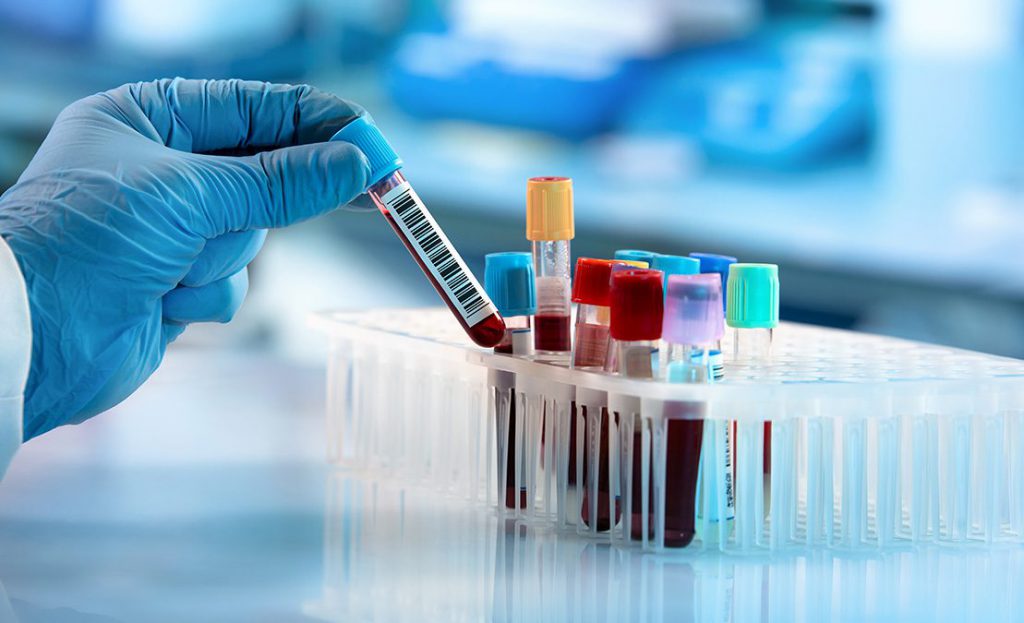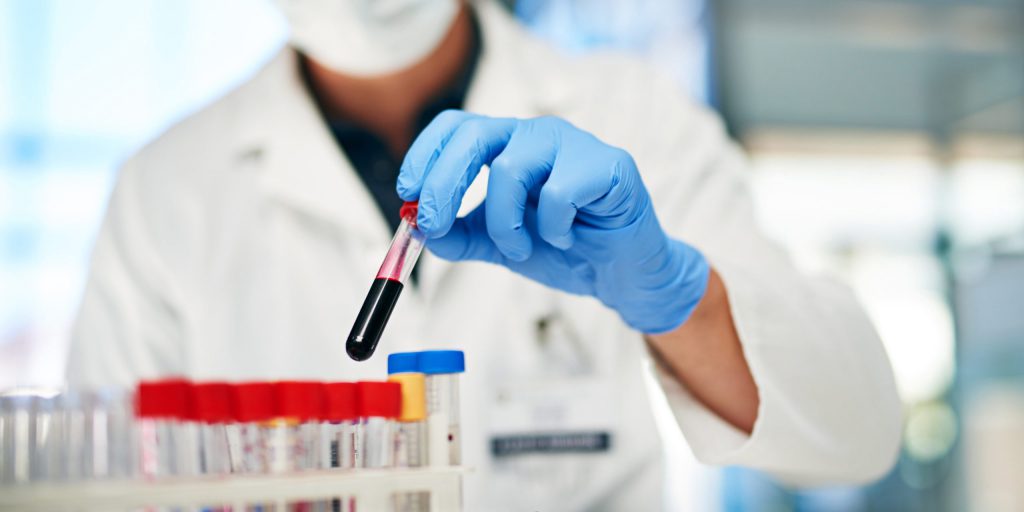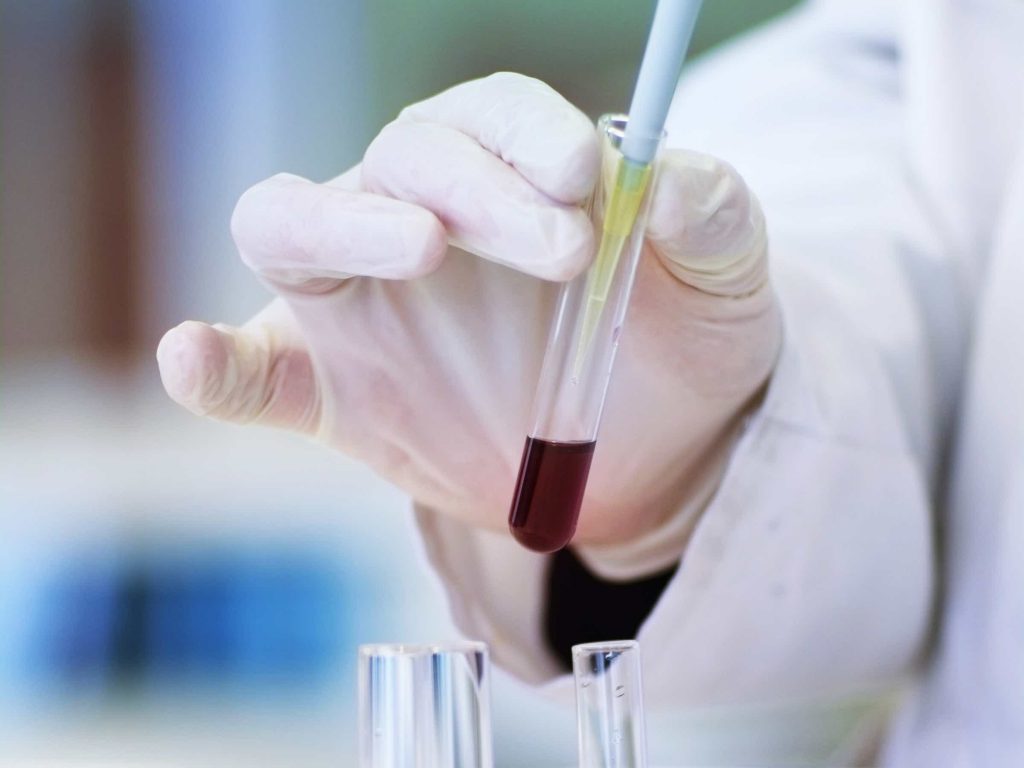‘So you actually consult patients?’ is a question that hematologists used to hear some time back that used to reflect a low profile in the eyes of people and doctor. But in recent times, this scenario is changing as the number of consultant hematologists is increasing and they have a high profile in the hospital and people’s eye.
Hematology is the branch of medicine that deals with the study of diagnosis, treatment and prevention of blood-related diseases. It involves the treatment of the diseases that affect blood production and its components like hemoglobin, blood vessels, blood cells, bone marrow, platelets, spleen, and blood proteins along with the coagulation mechanism.
Hematology is a flexible disciple that offers medical students the opportunity for developing interests in clinical and laboratory areas. Specialists in hematology can also aim for combining their clinical and medical career.
Who is a hematologist?
A Hematologist is the experts in hematology who treat the disorders of the blood along with the proper study of blood, its diverse disorders along with abnormalities of the blood.
Hematologists work with patients and consult them to understand the problems like leukaemia, sickle cell anaemia and other gene-related problems by testing their blood samples in laboratories. They also perform surgeries based on the requirement.
Since blood is the most essential fluid in humans’ body, hematologists are the most sought after and the important medical practitioner.
A hematologist task is the examination of blood and bone marrow slides and infers the results. They may prescribe medicines, dietary changes, bone marrow transplants, recommendations of blood transfusions based on the needs and requirement of the patients.

What does a hematologist do?
- Diagnosis and treatment of blood disorders like anomalies of blood cells, bone marrow and other body organs involved in blood synthesis.
- Undertake wide-range research on prevention and the treatment of disorders of the blood like anaemia, leukaemia, sickle cell disease and hemophilia.
- Performing bone marrow aspirations for detection of blood disorders.
- Conduct physical examinations and analyze a patient’s medical history.
- Studying thoroughly the lab tests, CAT scans and MRIs for an accurate diagnosis of the illness.
- For treatment of lymphoma or leukaemia, administration of chemotherapy to patients.
- Maintaining detailed records on patient’s health and analyzing their historical data to make informed decisions regarding treatment.
- When patients are referred to them, make use of the physician’s notes.
- Communicate and consult with other medical professionals in difficult cases.
Educational Requirements
- Completion of bachelor’s degree in pre-medicine, biology, anatomy or science fields. Qualify the MCAT (Medical College Admission Test) to get admission to medical school.
- Medical school programs are usually for four years. Specialization in hematology is to be done after obtaining of a medical degree and completing the residency program.
- Hematologists need to obtain a medical license for practising. After completion of the fellowship, qualify for the Hematology Certification Exam to get certified and licensed.

Work Environment of Hematologist
Hematologists can be employed in private settings, a hospital, medical or research facility. They use equipments and machinery that is used for testing blood and plasma. They are required to wear protective gear such as closed-toed shoes along with mask and gloves.
Some of the therapies, transplants and treatments are mentioned below that hematologist needs to perform.
- Ablation therapy
- Blood transfusion
- Stem cell donation
- Bone marrow transplant
- Growth factor treatment
- Cancer treatments, such as biological therapy or chemotherapy
- Immunotherapy
These specialists often work closely with other medical specialists, interns, radiologists, pathologists and oncologists.
Specializations in Hematology
- Haemato-oncology
- Bone marrow transplantation
- Coagulation and platelet disorders
- Red cell disorders (like sickle cell disease and thalassaemia)
- Transfusion medicine
- Obstetric hematology
- Lysosomal storage disorders
- Laboratory hematology (like diagnostic haemopathology)
- Pediatric hematology
- Bone marrow failure syndromes

Salary and Job outlook
Factors like experience, speciality, size, location and type of workplace of hematologist works have an effect on the salary received. The common annual salary for these specialists in the U.S. is $269,563 and the salaries can range from $42,000 to $564,000 per year.
Based on the experience and expertise of hematologists, they are paid a lucrative salary of Rs 50,000 to Rs 60,000 when they start their career in government hospitals. They also get the benefits of free accommodation, pension, paid leaves and medical coverage. Hematologists in the corporate sector can earn between Rs 80K- Rs 1 lakhs.
With the ever-growing health care industry, the job prospects of all the healthcare workers are good. Hematologists have wonderful career opportunities. Many of them work for non-profit cancer organizations. Some have their private practice and some may work in the hospital. Reputed and top hospitals like Fortis, AIIMS, Max and Fortis employ hematologists.

– Samiya Firdous






